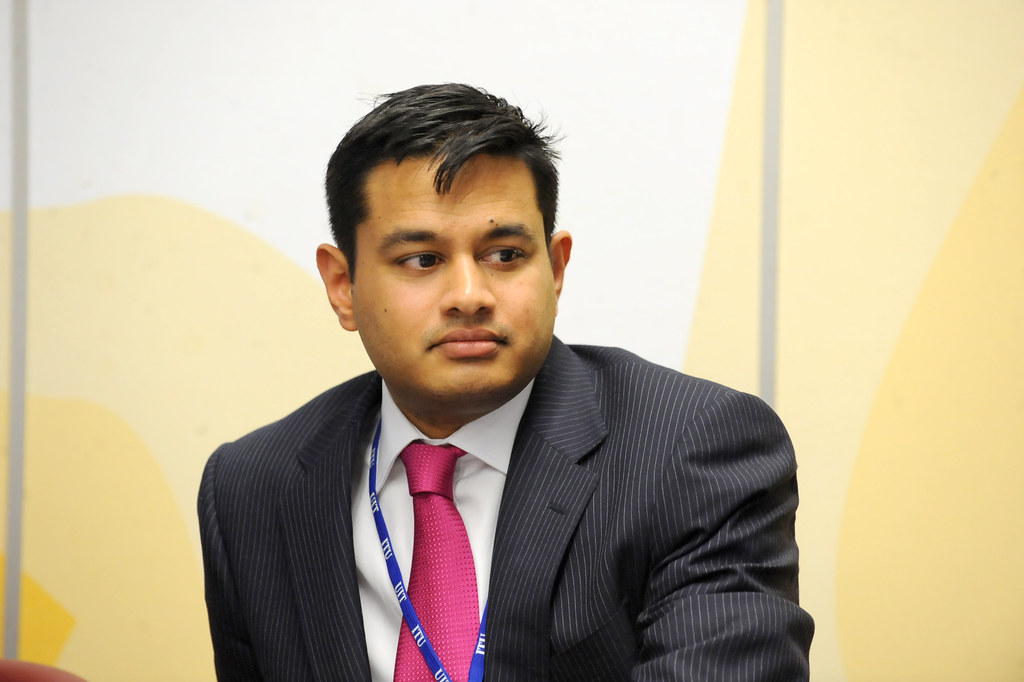Protecting Innovation in the Mobile Wireless Ecosystem: Understanding and Addressing ‘Hold-Out’
Abstract
This paper builds on previous work addressing the problem of “hold-out” in the licensing of standards essential patents (SEPs) in mobile cellular communications technology. Given the pervasiveness of mobile technology, and the need to maintain continued innovation in such technology, the robustness of the licensing marketplace for patents is an economically important issue. We show how the ease with which implementers of such technology such as smartphone makers can use the technology without having agreed to licenses is a major structural factor that shifts bargaining power in licence negotiations towards the implementers. Together with frictions in the enforcement process, and the increasing propensity to resist licensing by new groups of implementers (i.e., “hold out”) we explain why there is an elevated risk that the licensing marketplace may produce outcomes that are inconsistent with the “balance” that Standards Development Organizations (“SDOs”) such as ETSI have sought out. The ability of the licensing marketplace to strike this balance is critical to the continued robustness of the wireless ecosystem. We explain that there is a risk that the SEP holders’ obligation to be prepared to make licences available on Fair, Reasonable and Non-Discriminatory (FRAND) terms can be used to “bound” the worst case scenario for an implementer– i.e., that it can never do worse than receiving the “FRAND” royalty. We discuss how courts and policymakers should sensibly interpret the bounds and limits of the FRAND commitment, in order to respect the overarching goals of “balance” and robust innovation in the ecosystem.






